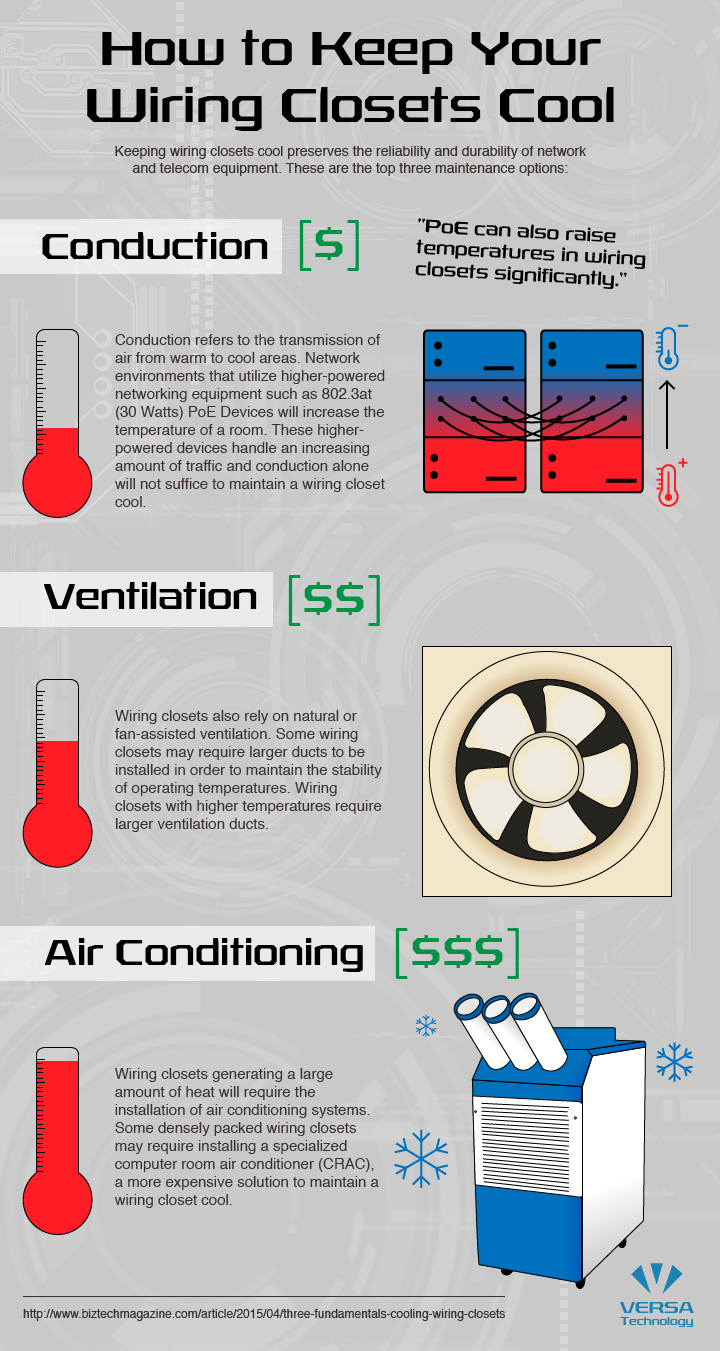Exploring The Environmental Benefits Of Warmth Pumps - A Lasting Home Heating Service
Exploring The Environmental Benefits Of Warmth Pumps - A Lasting Home Heating Service
Blog Article
Article Produced By-Dickinson Zhou
In a period where sustainability and energy effectiveness are critical, many businesses look for environment-friendly home heating remedies. One such service is the heat pump.
A heatpump removes the warmth in its environments and pumps it right into your home, leading to among one of the most effective eco-friendly main heater around. This process additionally produces no greenhouse gas emissions, making it a highly sustainable innovation.
Power Efficiency
Heatpump are very power effective and need little maintenance. They use much less electrical power than various other heater and are by far one of the most eco-friendly. They work well with rooftop solar and can commonly pay for themselves in energy cost savings alone.
They can additionally give cooling, which is terrific for garage workshops, attic hangouts and reward spaces, and home additions without extending the existing ductwork. They can also be used for retrofits in existing homes with hydronic (water-based) circulation systems such as reduced temperature level radiators or radiant floors.
Look for versions with SEER and HSPF scores that satisfy or exceed Canada's minimum requirements, in addition to the standards in your area. Higher ratings imply greater effectiveness, which saves you money in the long run and minimizes your carbon footprint. You may also get approved for rebates and rewards! The best systems are those with a ground warmth exchanger for added performance. https://commercialairconditioning34333.frewwebs.com/29892749/heatpump-vs-furnace-which-is-the-better-home-heating-choice-for-your-home can soak up thermal power from the ground during the winter season and essence it in the summertime.
Minimized Greenhouse Gas Emissions
Heatpump operate on electricity and basically move heat from the air, even when it's chilly outside. They are able to draw out the totally free heat entraped in air particles and move them inside, lowering humidity while doing so.
Contrasted to gas furnaces, contemporary heatpump make use of less than one kilowatt of electrical energy per kilowatt of home heating power they create. This makes them one of the most power efficient home heating choice offered with a POLICE OFFICER (Coefficient of Performance) of four or more. By slashing aircon for nonrenewable fuel sources, heatpump help reduce greenhouse gas discharges and cut various other major air toxins.
Building decarbonization is a worldwide imperative, and the HVAC field is a vital motorist of that procedure. Whether it's investor making internet zero dedications, policy manufacturers establishing emissions restrictions, or occupants demanding greener areas, electric heatpump are being recognized as a crucial remedy. They are an affordable method to decrease carbon exhausts by eliminating the requirement for fossil fuels in structures.
Adaptability
Heatpump can be made use of in many kinds of homes and buildings-- with or without air ducts. They collaborate with hot-water radiators, air-conditioning and programmable thermostats. They can replace heating systems or be installed in new homes. They can work on photovoltaic panels, geothermal systems and even district home heating sources like wastewater.
They're wonderful at delivering even more warmth per energy unit. For instance, an air-source heatpump produces up to 3 or more heating devices from each power unit it takes in.
Getting the most from your heat pump will certainly rely on your environment area and top quality of insulation. Look for try this site with power celebrity rankings and compare their SEER or HSPF specs. In warmer environments, focus on SEER; in chillier regions, consider a system with a greater HSPF score. Additionally, purchase air sealing and insulation to decrease the load on your heat pump. That will enhance energy efficiency and help you reach your Net No goals faster.
Biomass Boilers
Biomass boilers utilize wood pellets, chips or logs to produce warm and warm water. They are a great option for off-grid buildings or those who want to leave the gas grid.
As a standalone furnace, biomass can offer enough energy to keep your home warm throughout the year without the typical warmth drop off of various other eco-friendly modern technologies. They can also be used together with photovoltaic panels to maximise cost savings and gain from RHI settlements.
A disadvantage of these systems is the upfront price and normal gas distributions. Usually, pellets will certainly require to be blown into a fuel shop utilizing a vacuum cleaner system or they can be by hand fed right into the central heating boiler with a hopper. Logs are typically self-sourced from neighboring woodland or acquired wholesale. Along with this, they require manual loading and might require cleaning often.